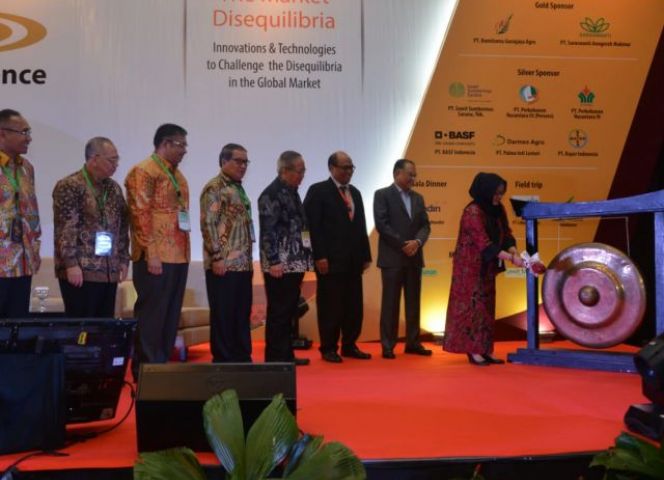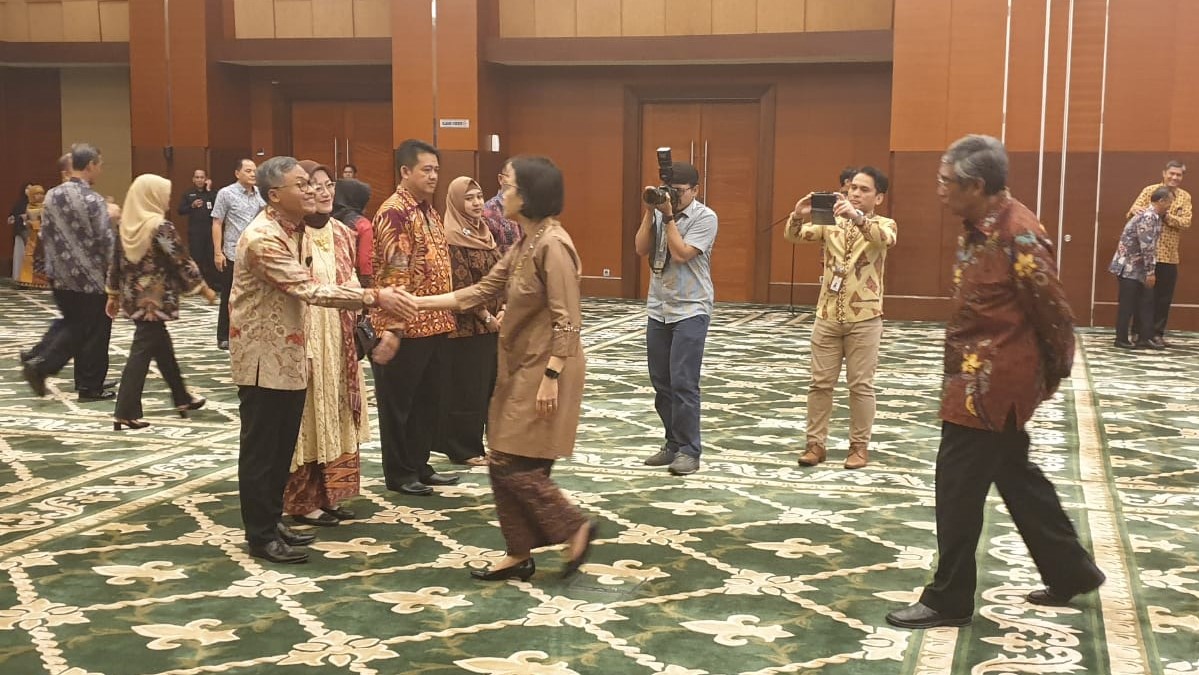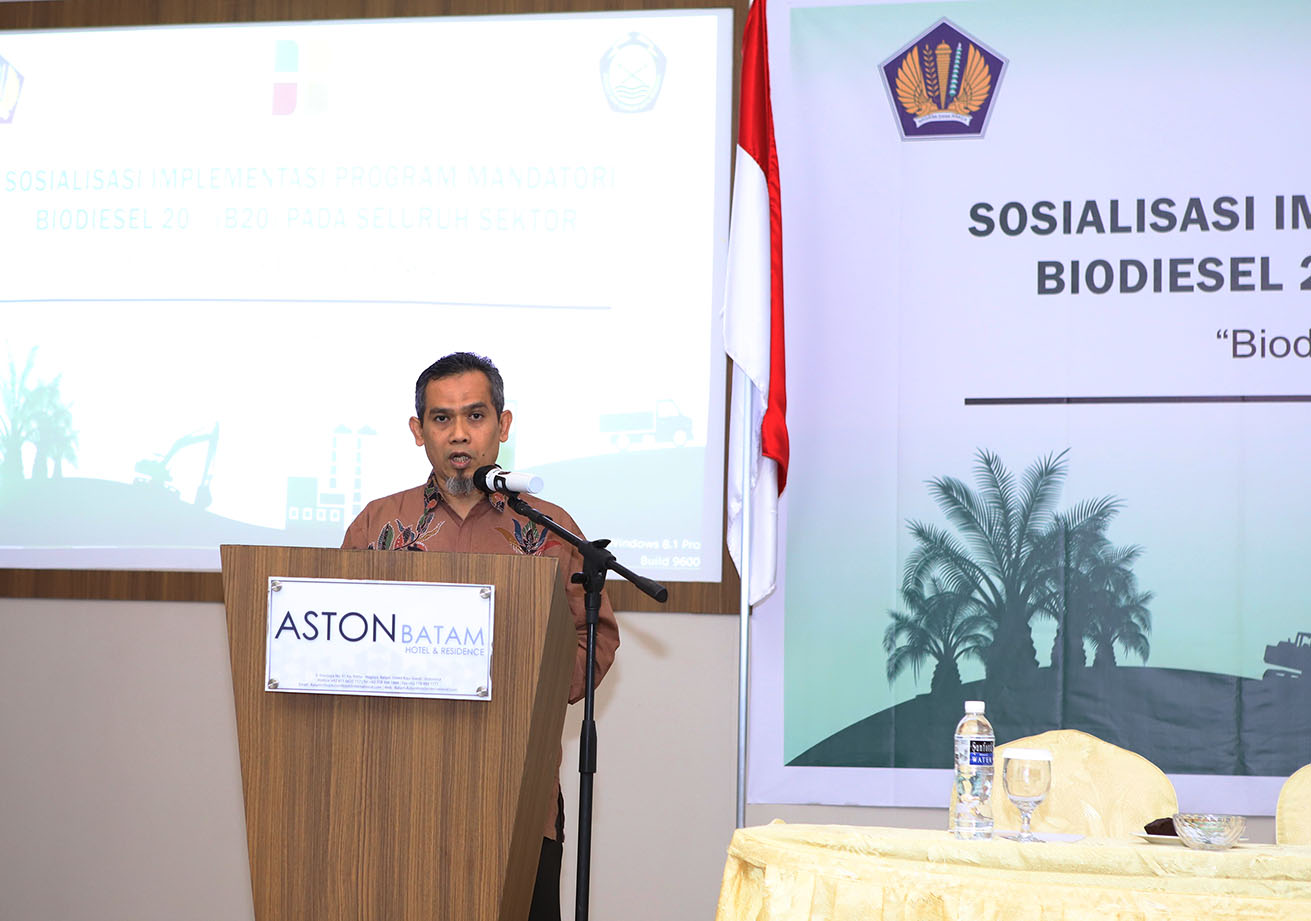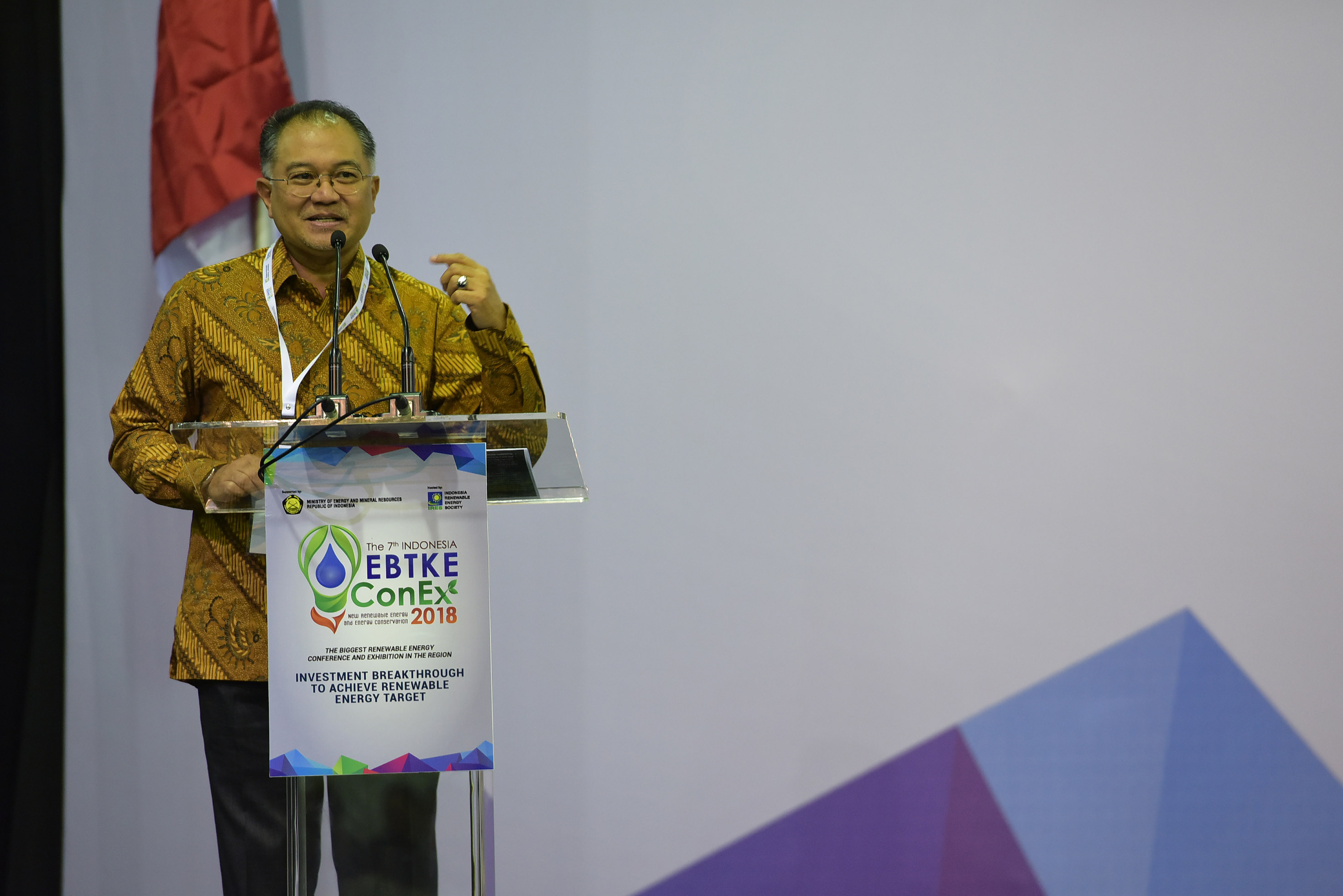Indonesia Improves Palm Oil Estate Governance and Development
INDONESIAN government and palm oil stakeholders are constantly working to convince the world that Indonesian palm oil is healthy product to consume.

INDONESIAN government and palm oil stakeholders are constantly working to convince the world that Indonesian palm oil is healthy product to consume. Oil palm plantation is not the cause of deforestation, not the cause of environmental degradation, not the cause of forest fire, and not a potential source of high CO2 emission that contribute to global warming and climate change.
Deputy Minister for Food and Agriculture, Coordinating Ministry of Economic Affairs, Musdhalifah Machmud delivered that statement at The 6th International Oil Palm Conference and Exhibition (IOPC) in Medan, Tuesday (17/7/2018).
On press release distributed by the office of Coordinating Ministry of Economy (17/7/2018), Musdhalifah said that palm oil is strategic for Indonesia’s economy. “Palm oil is a strategic commodity for Indonesia’s economic development. Oil palm plantations are the livelihoods of many of our people, the most effective driver for economic growth.”
Palm oil brought US$23 billions in foreign exchange revenue into the country. Palm oil products also contributed 3,47% to national Gross Domestic Product (GDP). A part from that, palm oil plantation sector provides employment for over 16 million people. The plantation has also important role in poverty reduction at 190 regencies, contributed to take 6 million lives out of poverty in villages in 2005-2016.
The government has taken several steps to maintain sustainability of this strategic commodity. Firstly, we have established Indonesian Oil Palm Estate Fund (BPDPKS) to maintain price stabilization, to strengthen downstream industries, and to develop sustainable palm oil.
Secondly, we run a replanting program for smallholder palm plantations. Thirdly, we have adopted a national sustainability platform called Indonesian Sustainable Palm Oil (ISPO). Since then ISPO certification has been mandatory for palm oil mills, estates and suppliers in the country.
Musdhalifah also said that the government of Indonesia appreciates Indonesian Oil Palm Research Institute (IOPRI) for its contribution to fight against negative campaigns on palm oil industry. “This institution has also significant role to develop sustainable palm oil.”
She also stated that palm oil shouldn’t be seen merely as an interest of big industries, but also as interest of millions people. This is in line with Sustainable Development Goals (SDGs) agenda. **



































